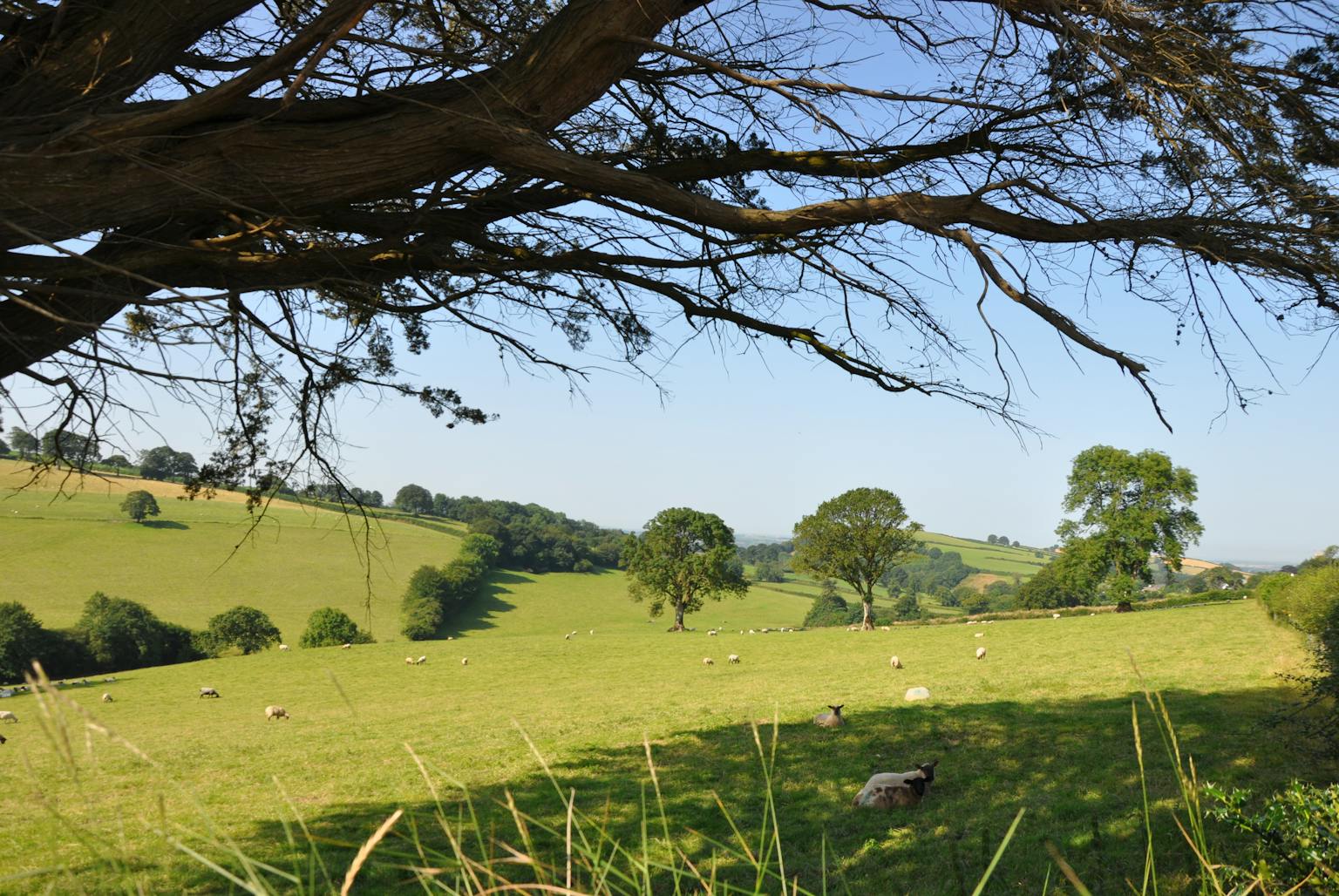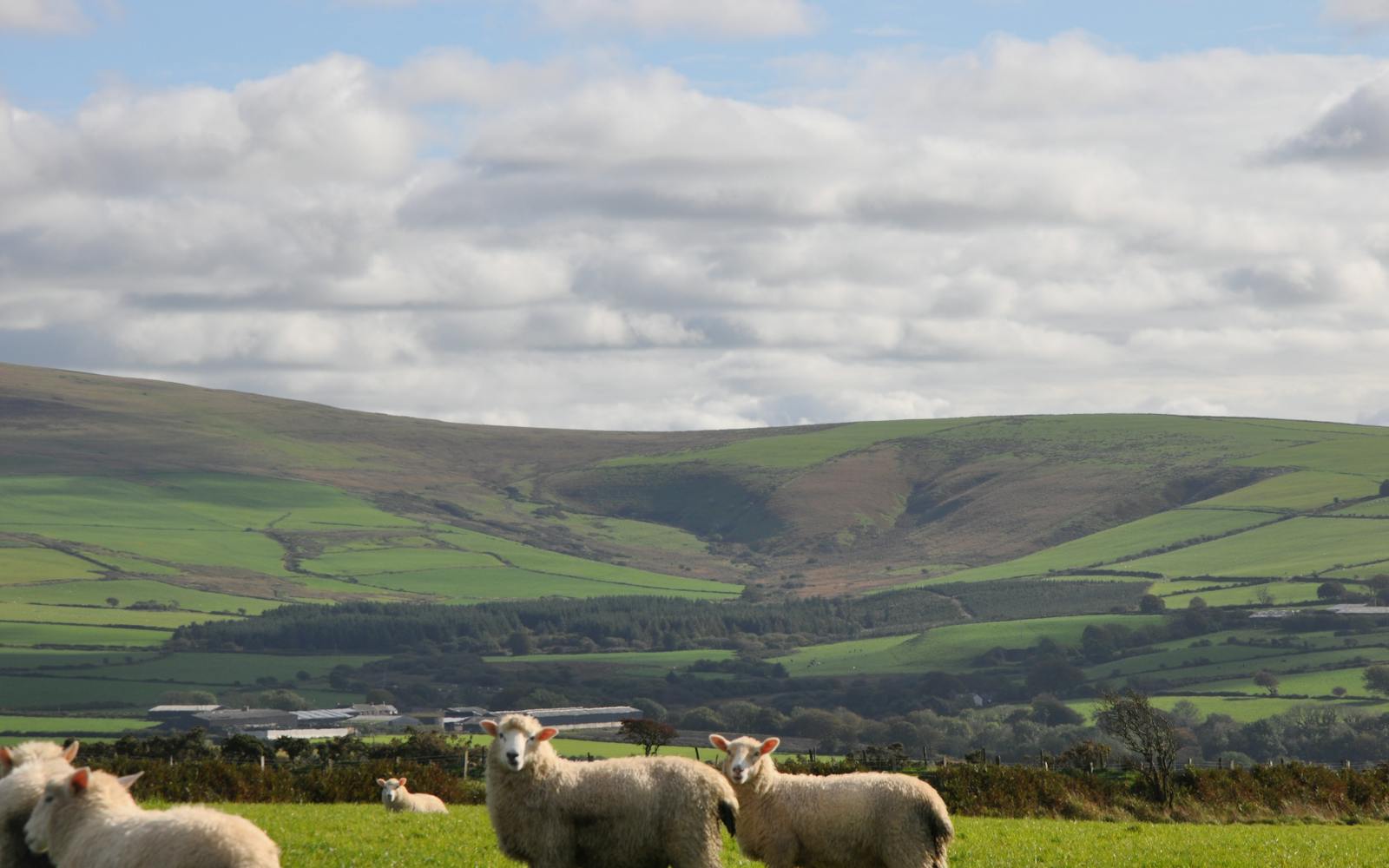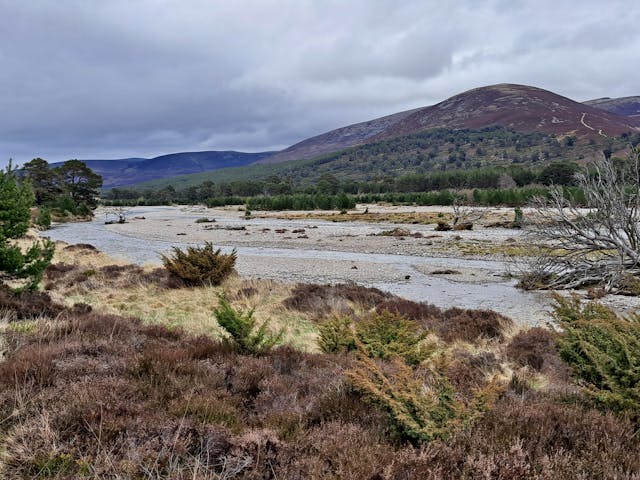
What is the Sustainable Farming Incentive scheme (SFI)?
Ben Randle, our Agri-Environment Consultant, provides an update on the Sustainable Farming Incentive (SFI) scheme. SFI pays farmers in England to adopt and maintain farming practices that help produce food sustainably and protect the environment. The scheme represents a significant shift in UK agricultural policy, transitioning from traditional production-based subsidies to a focus on environmental outcomes.
At the recent Oxford Farming Conference, Steve Barclay, the Secretary of State for Environment, Food and Rural Affairs announced changes to Agri-environment Schemes. Since then, new developments for the Sustainable Farming Incentive (SFI), the simplest of the three Environmental Land Management (ELM) schemes, have been fleshed out by Defra.
SFI, which is now being rolled out, has an additional 50 new actions. But what will these new options offer to tackle the biodiversity and climate crises and what changes to the landscape will these options bring?
The main aim of SFI is to encourage land managers to adopt sustainable practices to support food production and improve farm productivity and resilience, while also protecting and supporting the natural environment. SFI acts as a non-competitive, entry-level agreement, with more accessible options that can be built upon and combined with other schemes, and potentially, private finance. ELM funding is intended to support the transition of farming following the staged reduction in the Basic Payment Scheme. This will encourage farming towards more sustainable systems, where agriculture and nature work together.

With the flexibility of SFI, environmental benefits are to be gained through a ‘pick and mix’ structure, allowing landowners to decide their level of input, with a reduction in the level of prescriptive restrictions. The range of actions across SFI varies from introductory options, such as establishing buffer strips to provide space for wildlife, to ongoing management options, such as reducing fertiliser use to benefit nutrient management.
The January update also presented ‘premium payments’ for a range of actions, particularly for lowland peat, agroforestry, and moorland grazing. The update will be welcomed by upland farmers who were previously discouraged by SFI due to the lack of actions available. Until now, the moorlands were restricted to one action which promoted environmental awareness, rather than payment for management itself.
The recent announcement has showcased Defra’s encouragement of regenerative farming. However, significant alterations to the landscape are likely if uptake is high. This is particularly relevant to agroforestry, the integration of tree and shrub cultivation with traditional agricultural practices. The exact management requirements are unknown at present, with further details yet to be released. But payments will increase with the density of in-field agroforestry, and this can be achieved through silvoarable (the integration of trees with cereals and horticulture), and silvopastoral (integrating trees into livestock pasture) practices.
Indeed, landscape change will be an inevitable consequence of many of the SFI options available. Some of these options, such as hedgerow tree planting, will strengthen landscape character – restoring features of the landscape that have been lost in recent history due to intensification. Others, such as those due to be released under the agroforestry offer, may diverge away from key characteristics, prompting the requirement for accurate spatial prioritisation tools and expert advice.
LUC’s Rural and Agricultural service is actively involved with multiple research projects exploring current agri-environment schemes, which will inform future SFI and wider ELM developments. Our teams have been commissioned for a range of projects by Defra and their arm’s length bodies. These include significant field surveys to assess the schemes’ effects on the landscape, and to gather evidence on other scheme and policy outcomes. We are also investigating how private finance could work to supplement ELM income.
We are keen to collaborate with government, academia, and other consultancies to help with the effective and speedy implementation of climate and nature-friendly farming in healthy, thriving rural communities.









